AWS servers hit by sustained DDoS attack
Day-long outage caused by Route 53 DNS system disruption
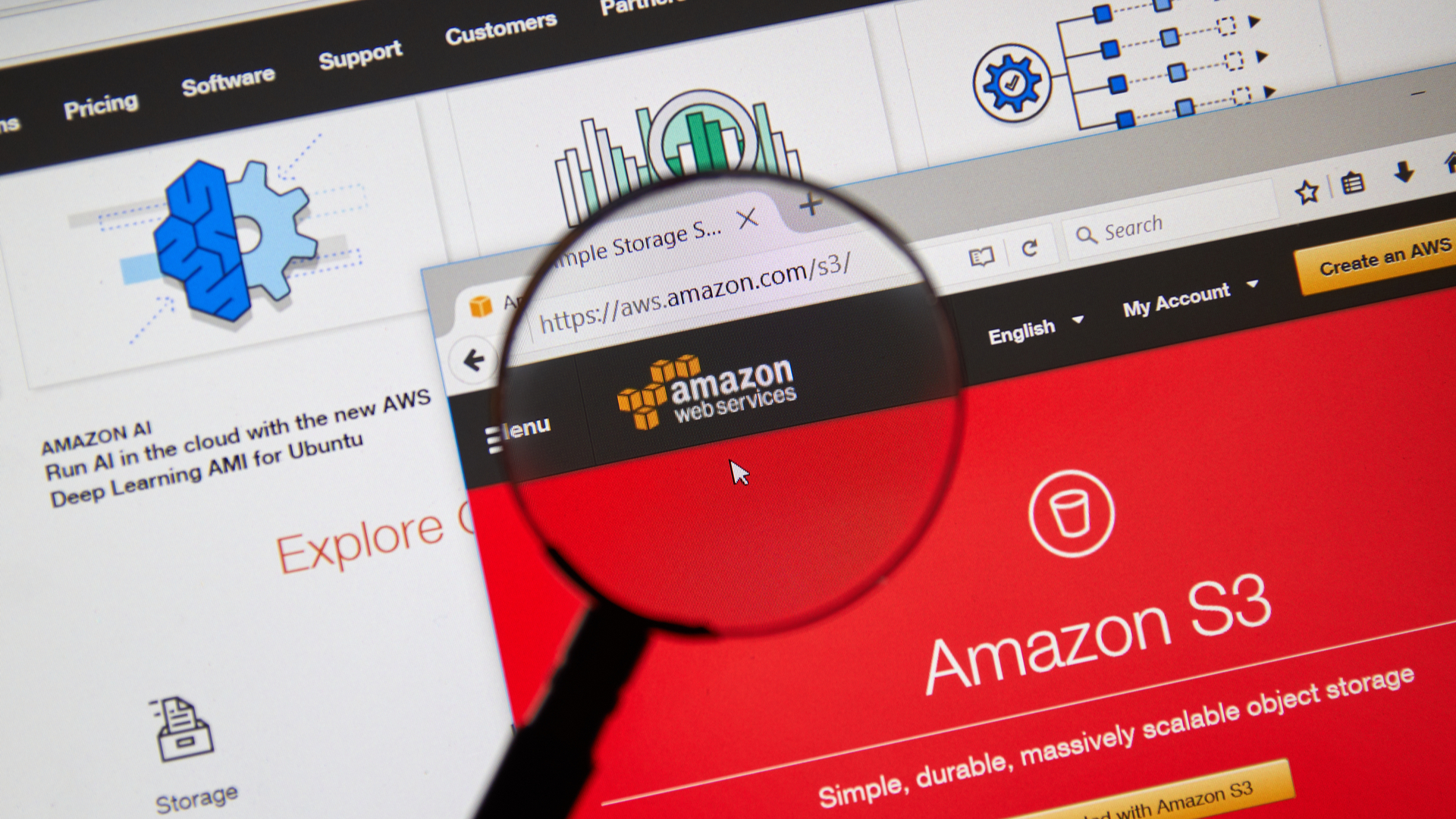

Businesses were unable to service their customers for approximately eight hours yesterday after Amazon Web Services (AWS) servers were struck by a distributed denial-of-service (DDoS) attack.
After initially flagging DNS resolution errors, customers were informed that the Route 53 domain name system (DNS) was in the midst of an attack, according to statements from AWS Support circulating on social media.
From 6:30pm BST on Tuesday, a handful of customers suffered an outage to services while the attack persisted, lasting until approximately 2:30am on Wednesday morning, when services to the Route 53 DNS were restored. This was the equivalent of a full working day in some parts of the US.
"We are investigating reports of occasional DNS resolution errors. The AWS DNS servers are currently under a DDoS attack," said a statement from AWS Support, circulated to customers and published across social media.
"Our DDoS mitigations are absorbing the vast majority of this traffic, but these mitigations are also flagging some legitimate customer queries at this time. We are actively working on additional mitigations, as well as tracking down the source of the attack to shut it down."
The Route 53 system is a scalable DNS that AWS uses to give developers and businesses a method to route end users to internet applications by translating URLs into numeric IP addresses. This effectively connects users to infrastructure running in AWS, like EC2 instances, and S3 buckets.
During the attack, AWS advised customers to try to update the configuration of clients accessing S3 buckets to specify the region their bucket is in when making a request to mitigate the impact of the attack. SDK users were also asked to specify the region as part of the S3 configuration to ensure the endpoint name is region-specific.
Sign up today and you will receive a free copy of our Future Focus 2025 report - the leading guidance on AI, cybersecurity and other IT challenges as per 700+ senior executives
Rather than infiltrating targeted software or devices, or exploiting vulnerabilities, a typical DDoS attack hinges on attackers bombarding a website or server with an excessive volume of access requests. This causes it to undergo service difficulties or go offline altogether.
All AWS services have been fully restored at the time of writing, however, the attack struck during a separate outage affecting Google Cloud Platform (GCP), although there's no indication the two outages are connected.
From 12:30am GMT, GCP's cloud networking system began experiencing issues in its US West region. Engineers then learned the issue had also affected a swathe of Google Cloud services, including Google Compute Engine, Cloud Memorystore, the Kubernetes Engine, Cloud Bigtable and Google Cloud Storage. All services were gradually repaired until they were fully restored by 4:30am GMT.
While outages on public cloud platforms are fairly common, they are rarely caused by DDoS attacks. Microsoft's Azure and Office 365 services, for example, suffered a set of routine outages towards the end of last year and the beginning of 2019.
One instance includes a global incident with US government services and LinkedIn sustaining an authentication outage towards the end of January this year.

Keumars Afifi-Sabet is a writer and editor that specialises in public sector, cyber security, and cloud computing. He first joined ITPro as a staff writer in April 2018 and eventually became its Features Editor. Although a regular contributor to other tech sites in the past, these days you will find Keumars on LiveScience, where he runs its Technology section.
-
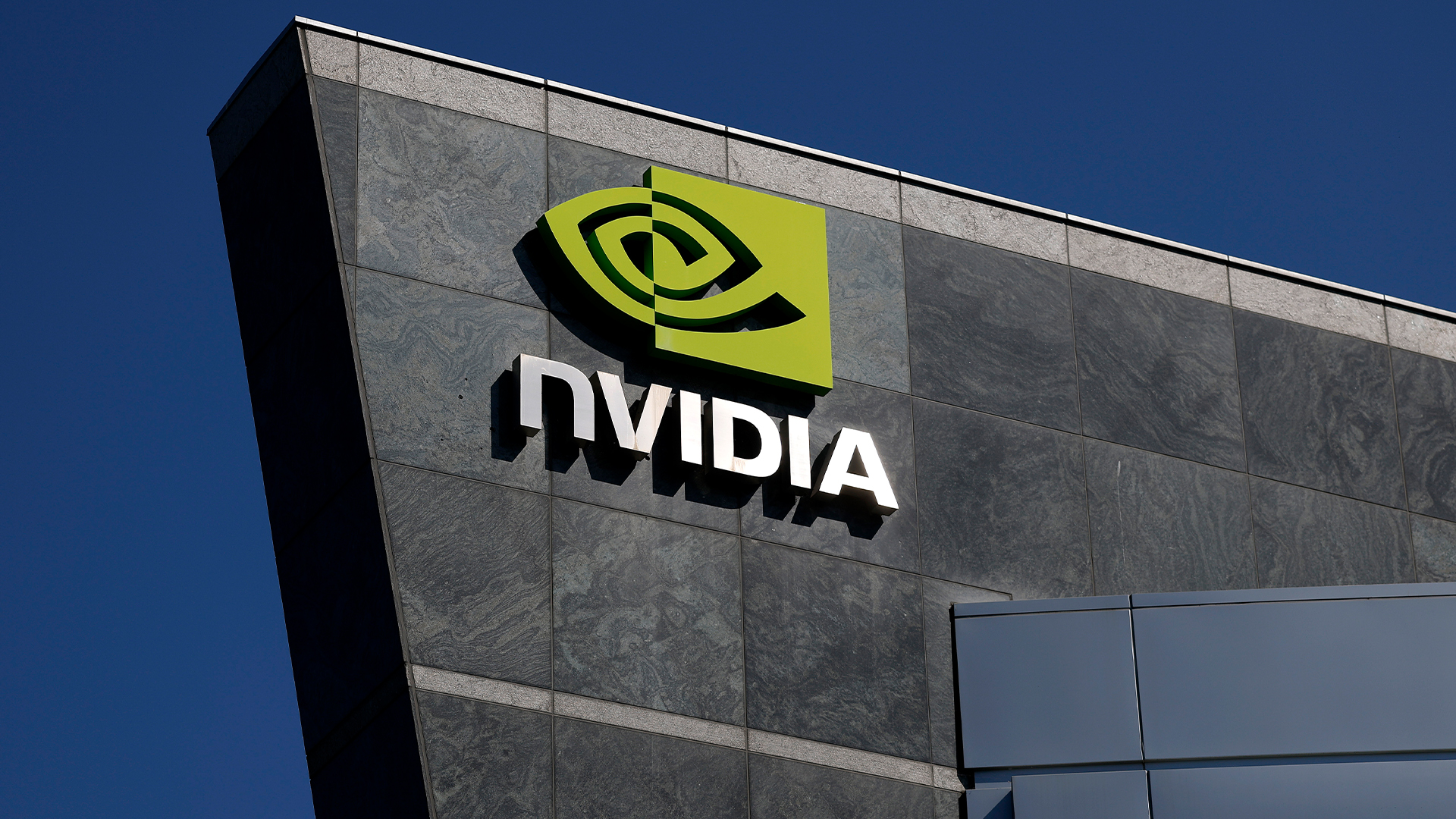 UK to host largest European GPU cluster under £11 billion Nvidia investment plans
UK to host largest European GPU cluster under £11 billion Nvidia investment plansNews Nvidia says the UK will host Europe’s largest GPU cluster, totaling 120,000 Blackwell GPUs by the end of 2026, in a major boost for the country’s sovereign compute capacity.
-
 Jensen Huang says AI will make us busier – so what’s the point?
Jensen Huang says AI will make us busier – so what’s the point?Opinion So much for efficiency gains and focusing on the more “rewarding” aspects of your job
-
 UK crime fighters wrangle “several thousand” potential cyber criminals in DDoS-for-hire honeypot
UK crime fighters wrangle “several thousand” potential cyber criminals in DDoS-for-hire honeypotNews The sting follows a recent crackdown on DDoS-for-hire services globally
-
 US begins seizure of 48 DDoS-for-hire services following global investigation
US begins seizure of 48 DDoS-for-hire services following global investigationNews Six people have been arrested who allegedly oversaw computer attacks launched using booters
-
 Will triple extortion ransomware truly take off?
Will triple extortion ransomware truly take off?In-depth Operators are now launching attacks with three extortion layers, but there are limitations to this model
-
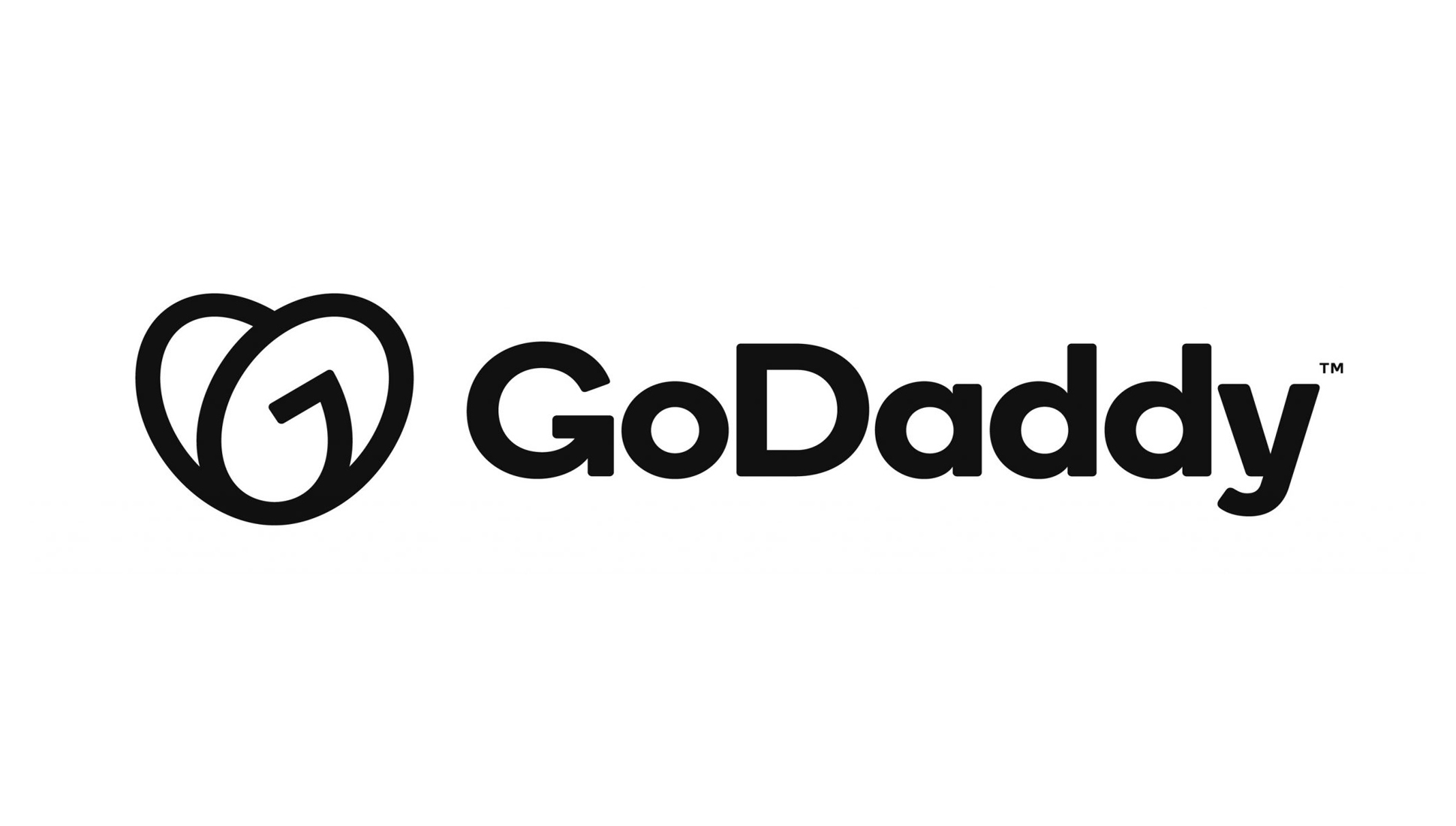 GoDaddy web hosting review
GoDaddy web hosting reviewReviews GoDaddy web hosting is backed by competitive prices and a beginner-friendly dashboard, and while popular, beware of hidden prices
-
 Japan investigates potential Russian Killnet cyber attacks
Japan investigates potential Russian Killnet cyber attacksNews The hacker group has said it’s revolting against the country’s militarism and that it’s “kicking the samurai”
-
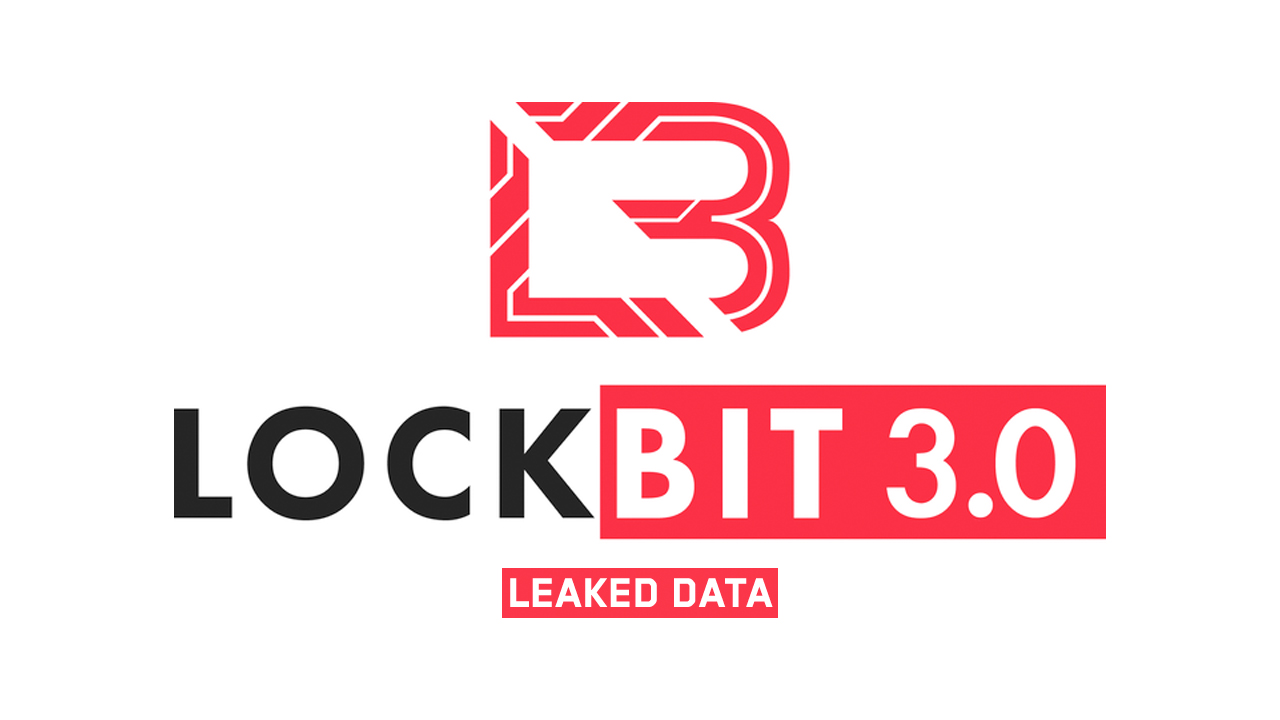 LockBit hacking group to be 'more aggressive' after falling victim to large-scale DDoS attack
LockBit hacking group to be 'more aggressive' after falling victim to large-scale DDoS attackNews The ransomware group is currently embroiled in a battle after it leaked data belonging to cyber security company Entrust
-
 Record for the largest ever HTTPS DDoS attack smashed once again
Record for the largest ever HTTPS DDoS attack smashed once againNews The DDoS attack lasted 69 minutes and surpassed the previous record of 26 million RPS
-
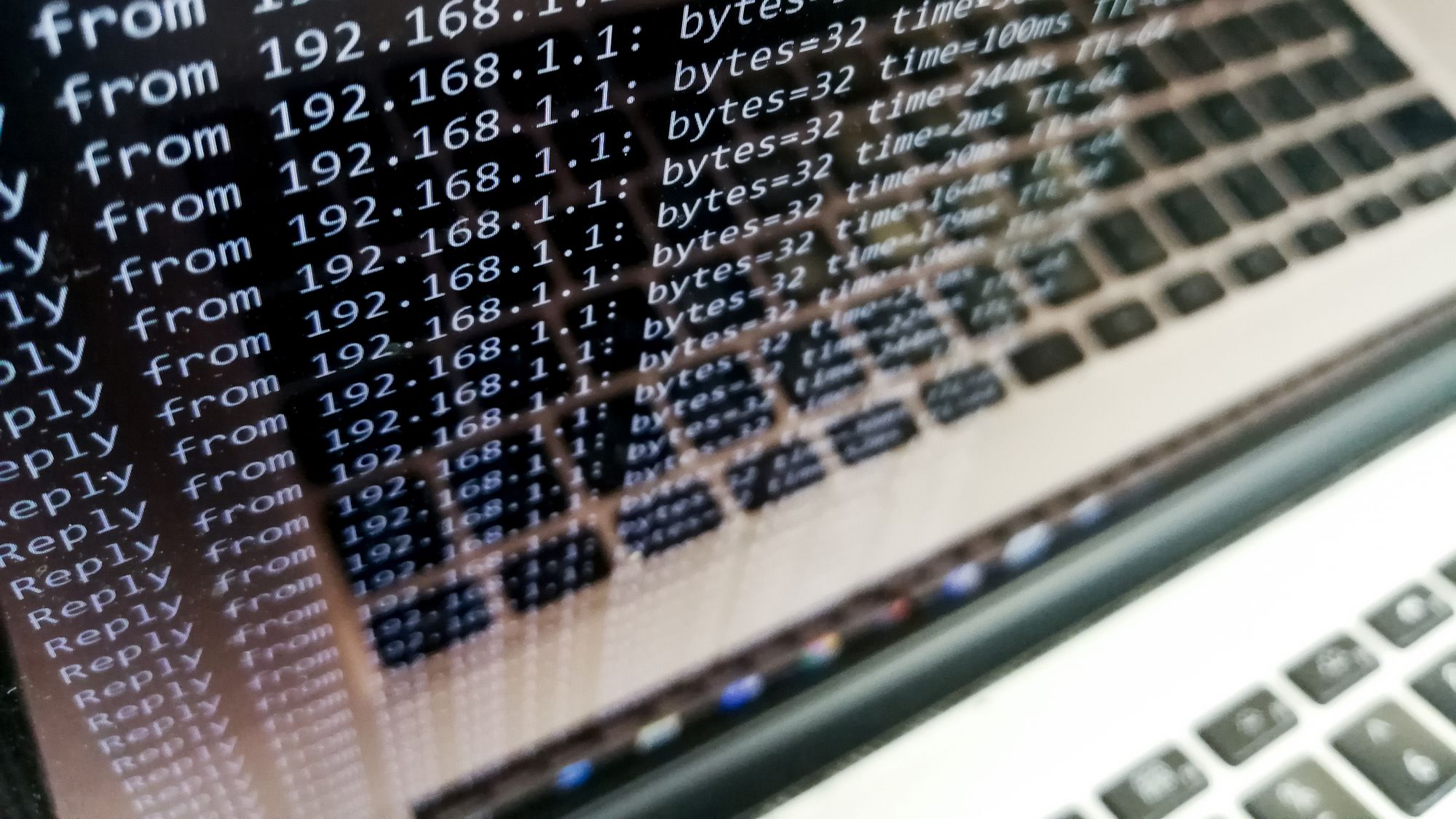 Cloudflare mitigates biggest ever HTTPS DDoS attack
Cloudflare mitigates biggest ever HTTPS DDoS attackNews A botnet generated over 212 million HTTPS requests from over 1,500 networks in 121 countries